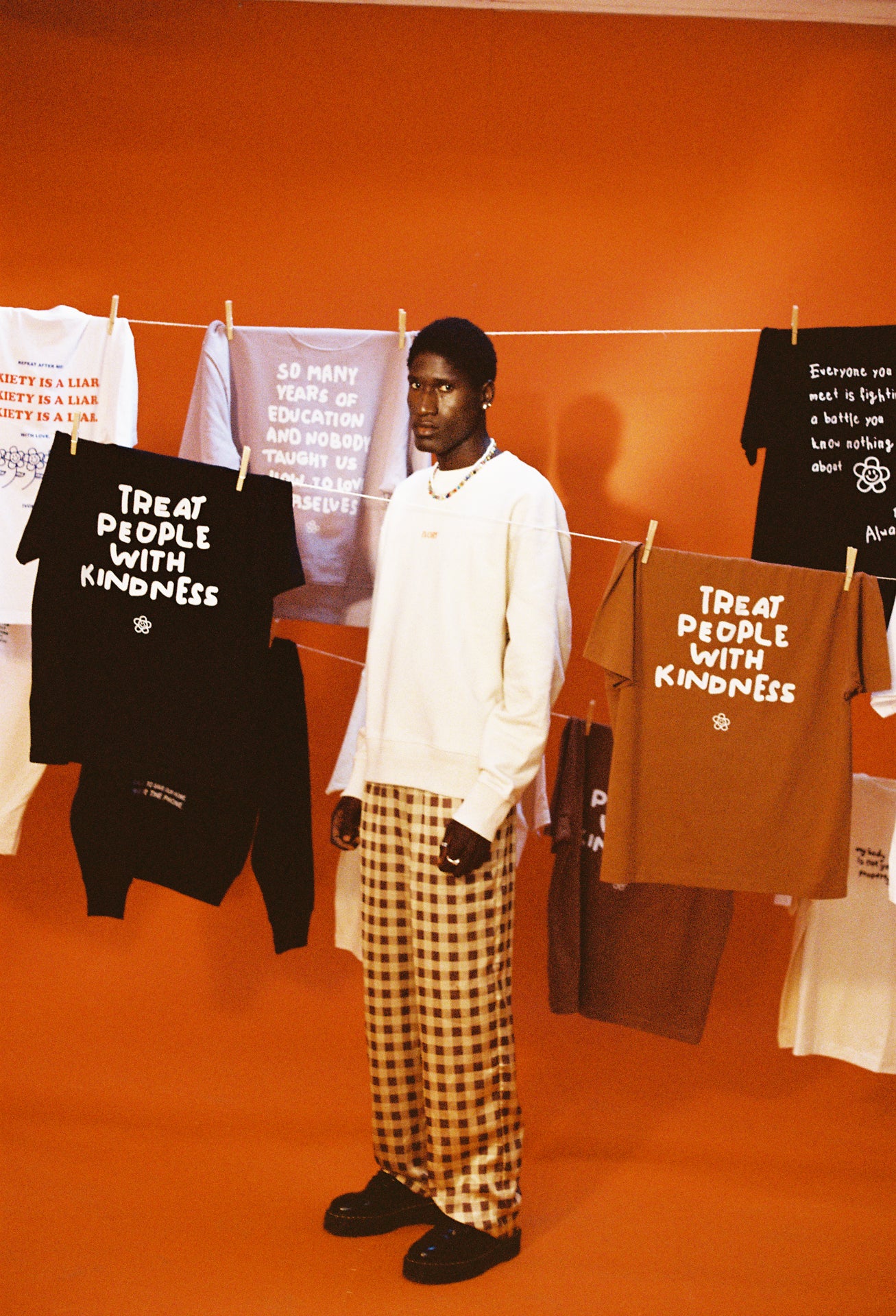Therapy allows us to look at and access hidden thoughts, memories and feelings. The therapeutic process is a privileged space for us to reorganize what we have experienced, express the contents we have repressed and free ourselves from what causes us discomfort.
However, creating internal content can be a very painful process. We may feel afraid to start therapy and not feel prepared to embark on this journey. And why is therapy scary? What are our biggest fears about therapy? How to deal with anxiety in therapy? In this article, Ivory Therapy aims to reflect on these issues and unblock possible insecurities regarding therapy.

Starting therapy is not easy at all. How many of us feel anxious, scared or insecure before deciding to schedule the first appointment with the psychologist? Many of us… or even all of us.
The decision to schedule an appointment with a psychologist leaves us with many fears and concerns. We may fear being judged or misunderstood by the psychologist, and the idea of our suffering being rejected or devalued can become terrifying. It's natural to feel scared on our first trip to the psychologist. After all, we will expose ourselves to a person we have just met. That's why going to a psychologist is an act of courage because even though we may feel afraid, we choose to invest in our mental health and well-being.
But let's understand better how the therapeutic process works so that we can familiarize ourselves with it and manage our anxiety before therapy.
As the author, Psychologist, and Psychoanalyst Manuela Fleming tells us, let us imagine the therapeutic process as a trip, which we will take by car with our therapist. We will get behind the wheel of the car and the psychologist will be at our side. Throughout the journey, a unique and authentic relationship will be generated between us and the therapist, called a therapeutic relationship, which will be the basis of the entire process.
During the therapeutic journey, our psychologist is expected to adopt an attitude of unconditional acceptance, respect, interest, flexibility, and openness to experience towards us clients. This posture will allow us to feel welcome to talk about whatever we want.
Still, even with a safe space, it's natural for us to sometimes be afraid to speak or feel anxious, anticipating in our minds “what will my therapist think if I tell you x or y?” However, at our side on this journey that is therapy, we will find a person who wants to be there with us in the car, and who really wants to get to know us, and, above all, wants us to get to know ourselves, as we are.
Psychotherapy can be scary because it is a space that is completely focused on us. However, it is a shared process. We will not be alone. Through open dialogue, mutual trust, time invested, and techniques and methodologies (based on scientific evidence), a restorative therapeutic bond that promotes change will be generated.

Anxiety before therapy can be related to the fact that we are not prepared to look inside ourselves. One of the fundamental needs for the existence of the Human Being is the search for acceptance. Therefore, we act with kindness, solidarity, and affection, and we try to hide our mistakes or blame ourselves when we perform actions that we interpret as unpleasant. In therapy, we will discover that value judgments can be challenged and that we can make mistakes, without this making us “bad people”.
Another resistance that we may manifest is the time that the therapy takes to produce its effects or the methods and techniques used by the psychologist.
Currently, we are very focused and consumed by immediacy. We want and need quick solutions to our problems. However, therapy is a long process, where there are no right answers or quick solutions. Discovering our inner selves can take some time and we need to give ourselves that time. Flexibility is fundamental in therapy, as it allows us to gradually assimilate and integrate change.
We often think that therapy is just talk and that it won't help us, because we need something more tangible. And bearing in mind this mindset, we can often demonstrate opposition to the psychologist as resistance, namely to what he/she gives us back in therapy, contradicting their suggestions or questioning their techniques.
It is important to understand that psychotherapy is based on scientific evidence and that it is practiced by professionals who have completed a specialization and who have also undergone their own therapy. An example of this is Ivory Therapy, a platform that has several certified clinical psychologists available for therapy sessions (in several languages).
If we are afraid or anxious about starting or undergoing therapy, because we have to travel, it is important to understand that therapy can take place in person (i.e., in the therapist's office/office) and online (from a video call with the psychologist). Ivory Therapy has an article that explains how online therapy works.

In short, there are several reasons why therapy can scare us. Fear of the unknown, judgment or misunderstanding, anxiety about what we might discover about ourselves, and countless other resistances that we can carry within ourselves to the therapeutic space.
It is natural to feel afraid of dealing with our immediate sensory awareness. And so resistance arises. This consists of an interpersonal translation of our conflicts about change and therefore constitutes an integral part of the therapeutic journey.
In the initial sessions, our resistance seems to increase. However, as the sessions go by, based on the therapeutic alliance with the psychologist, when we feel welcomed, we create the feeling that therapy is a safe space to expose ourselves as we are.
Finally, we must talk about our resistance to the therapeutic process. If we address resistance in therapy, we become aware of it and free ourselves from the energy contained in it, and in this way, we are an active part of our change process. Therapy can indeed be scary, but it has effective long-term results in improving well-being and our mental health.

















